What treatment
Mehr als 10 Kliniken mit Top Bewertung für Heart Care Surgery weltweit
Nehmen Sie Kontakt mit weltweit vertrauenswürdigen Heart Care Surgery Kliniken auf, die von unseren Patienten geliebt werden!
Bayindir Healthcare Group
Überblick
Durch einen großen und mutigen Durchbruch im Jahr 1992 wurde das Bayındır Söğütözü-Krankenhaus zu einer Quelle des Stolzes für türkische Privatkrankenhäuser.
Mehr Details lesen
Pendik Bolge Hospital
Überblick
Pendik Bolge Hastanesi in Istanbul, Türkei, bietet spezialisierte Versorgung in den Bereichen orthopädische Chirurgie, HNO, Herz-Kreislauf-, Zahn-, Adipositas- und plastische Chirurgie und mehr.
Mehr Details lesen
Private Koru Ankara Hospital
Überblick
Erleben Sie fortschrittliche roboterassistierte bariatrische Chirurgie und Herzchirurgie im privaten Koru Ankara Krankenhaus in der Türkei. Außergewöhnliche Pflege und modernste Technologie.
Mehr Details lesen
Istanbul Okan University Hospital
Überblick
Das Istanbul Okan University Hospital in Istanbul, Türkei, verfügt über 250 Betten und legt größten Wert auf Patientenzufriedenheit, hochwertige Gesundheitsversorgung, akademische Fachkompetenz und fortschrittliche medizinische Dienstleistungen.
Mehr Details lesenEntdecken Sie Ihre Behandlungsmöglichkeiten mit einem kostenlosen und unverbindlichen Angebot!
Fordern Sie jetzt Ihr Angebot an!Private Olimpos Hospital
Überblick
Entdecken Sie die transformative plastische und bariatrische Chirurgie im privaten Olimpos Hospital in Antalya. In dieser erstklassigen Einrichtung der Türkei erwartet Sie Exzellenz in medizinischen Fachgebieten.
Mehr Details lesenADATIP Hospital Group
Überblick
Entdecken Sie das ADATIP-Krankenhaus, die führende Gesundheitseinrichtung in Istanbul, Türkei, die für ihre herausragenden Leistungen in den Bereichen IVF, orthopädische und kosmetische Chirurgie bekannt ist.
Mehr Details lesenEntdecken Sie Ihre Behandlungsmöglichkeiten mit einem kostenlosen und unverbindlichen Angebot!
Fordern Sie jetzt Ihr Angebot an!Biruni University Hospital
Überblick
Das Biruni-Universitätskrankenhaus in Istanbul, Türkei, ist auf Neurochirurgie, kosmetische Chirurgie, Adipositaschirurgie sowie Orthopädie und Traumatologie spezialisiert.
Mehr Details lesenGroup Florence Nightingale Hospitals
Überblick
Die Krankenhäuser der Florence Nightingale Group sollen zukunftsweisende Einrichtungen sein, die innovativ sind und sich ständig verbessern. Sie sollen eine zuverlässige, moderne und patientenorientierte Gesundheitsversorgung in allen angebotenen Bereichen bieten, ihr Personal kontinuierlich schulen und weiterbilden, das Wohl der Patienten und Mitarbeiter in den Vordergrund stellen und gleichze
Mehr Details lesenGuven Hospital
Überblick
Das Güven-Krankenhaus in Ankara, Türkei, ist eines der ersten privaten Krankenhäuser des Landes. Es wurde 1974 gegründet und mit modernster Gebäudetechnik und Infrastruktur errichtet. Das Krankenhaus verfügt über zwölf Operationssäle mit Laminar-Flow- und Wirbelschichtfiltersystemen. Alle Patienten profitieren von hochwertigen Behandlungen mit erstklassiger medizinischer Ausrüstung. Das
Mehr Details lesenKlinik Piano
Überblick
Entdecken Sie die führende Lymphödem-Klinik in Biel, Schweiz, mit kompetenter Betreuung durch die Klinik Piano. Erstklassige Betreuung im Herzen Europas.
Mehr Details lesenLokman Hekim Health Group
Überblick
Die Lokman Hekim Health Group wurde 1996 in Ankara, Türkei, von visionären Unternehmern gegründet und hat sich zum Ziel gesetzt, die führende Marke im Gesundheitswesen zu werden. Die Kernaufgabe der Gruppe besteht darin,
Mehr Details lesenMedical Park Hospitals Group
Überblick
Entdecken Sie erstklassige multidisziplinäre und onkologische Versorgung in Istanbul, Türkei, bei der Medical Park Hospitals Group. Kompetenz und Mitgefühl vereint.
Mehr Details lesenMedicana Health Group
Überblick
Die Medicana Health Group gehört zu den Pionieren des privaten Krankenhausgeschäfts in der Türkei und unterstützt die Weiterentwicklung zukünftiger Gesundheitsdienste durch eine Wachstumsstrategie, die auf die Einbeziehung aller Regionen der Türkei und kontinuierliche Investitionen in den Gesundheitssektor abzielt.
Mehr Details lesenPrivate Lokman Hekim Esnaf Hospital
Überblick
Das Esnaf Krankenhaus ist das beste Krankenhaus in Fethiye, Türkei, und bietet Leistungen insbesondere im Bereich plastische Chirurgie und andere chirurgische Eingriffe an. Buchen Sie Ihren Beratungstermin für kosmetische Chirurgie und WLS bei PlacidWay.
Mehr Details lesenMagdalena Clinic for Cardiovascular Surgery
Überblick
Das Magdalena-Spezialkrankenhaus für Herz-Kreislauf-Chirurgie und Kardiologie in Krapinske Toplice, Kroatien, ist ein Zentrum für Herz-Kreislauf-Erkrankungen. Unser Team führt präventive Maßnahmen, alle nicht-invasiven und invasiven kardiovaskulären Diagnostikverfahren sowie perkutane und chirurgische kardiovaskuläre Behandlungen durch. Unsere Mission ist es, die Häufigkeit und die Folgen
Mehr Details lesen












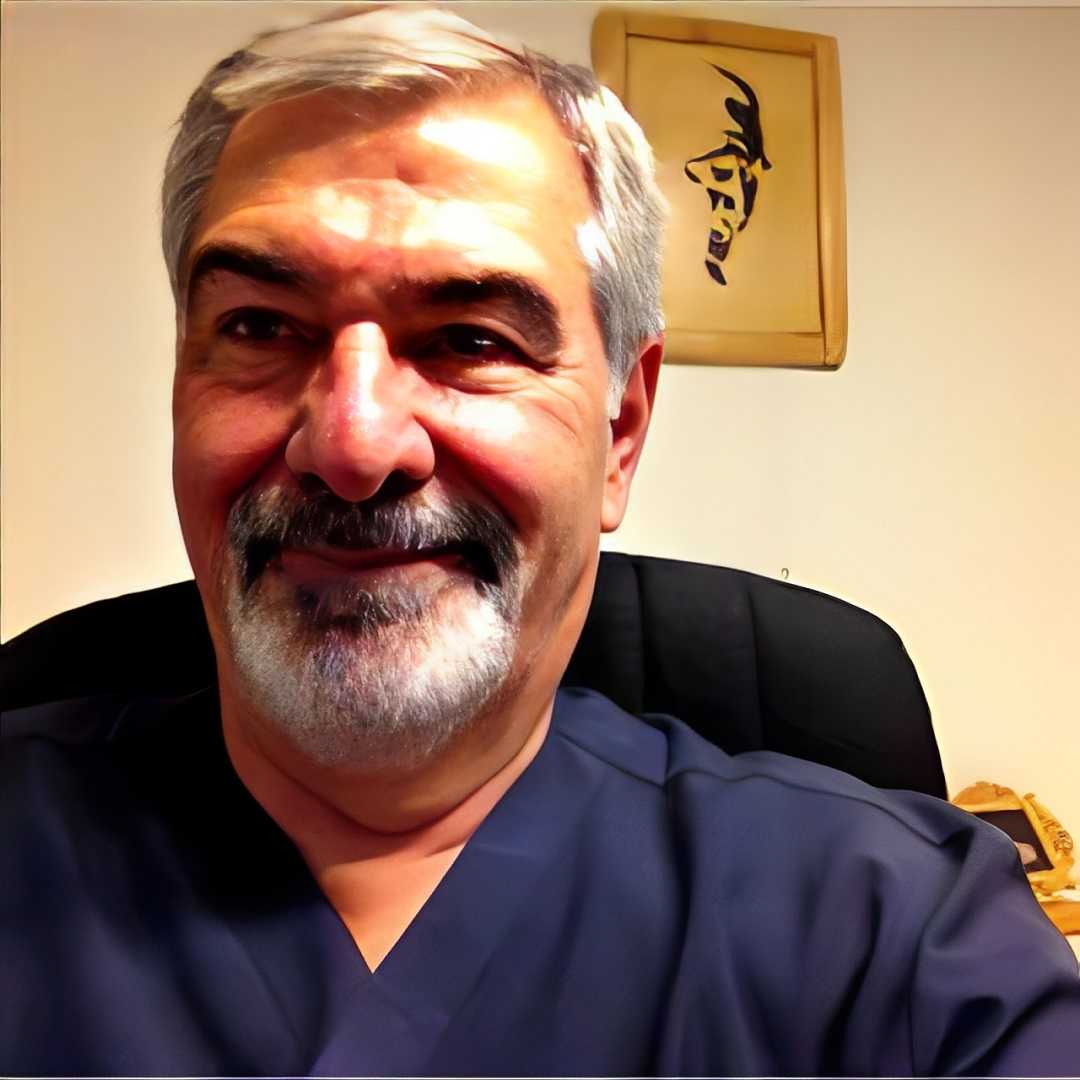


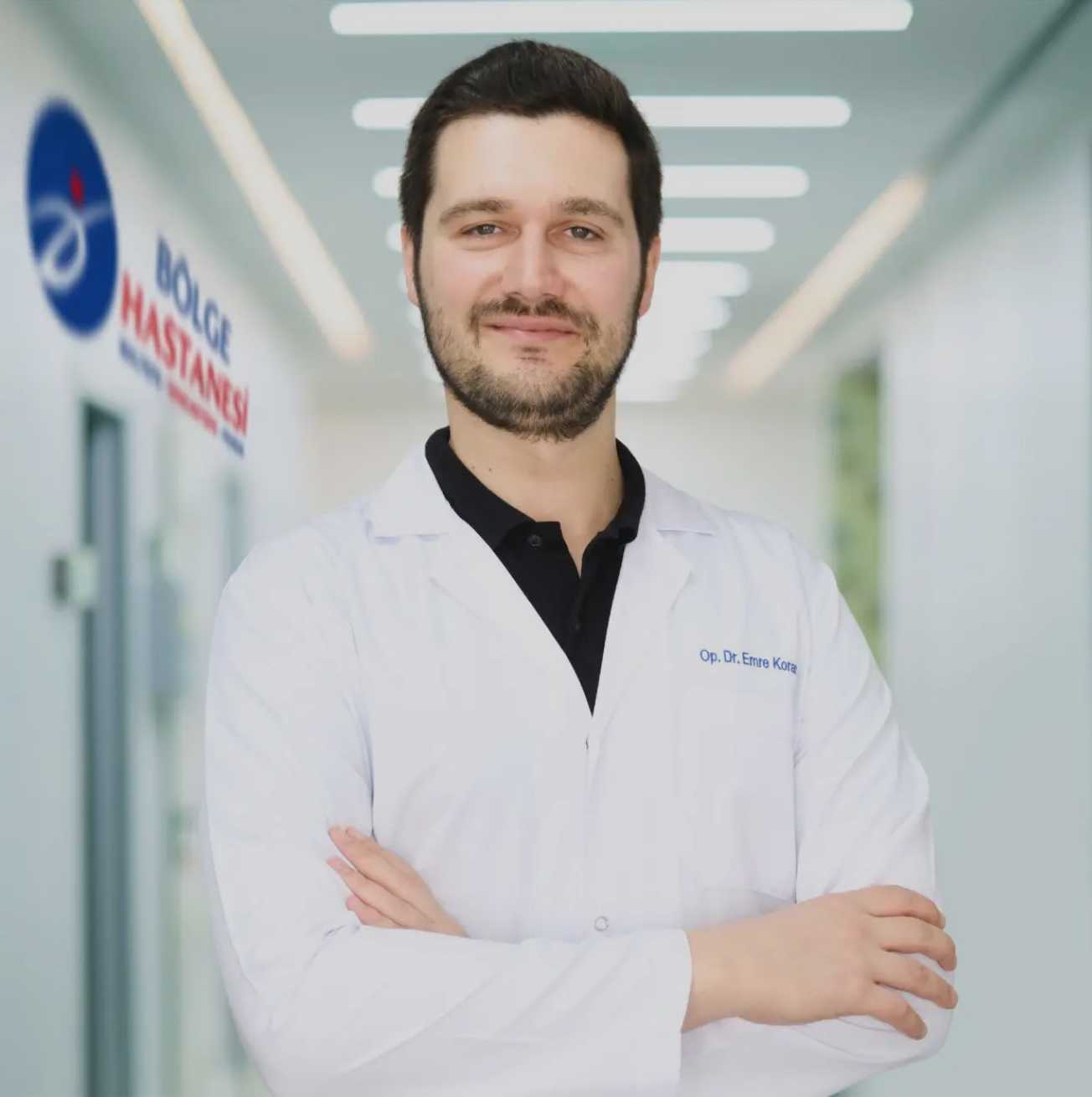


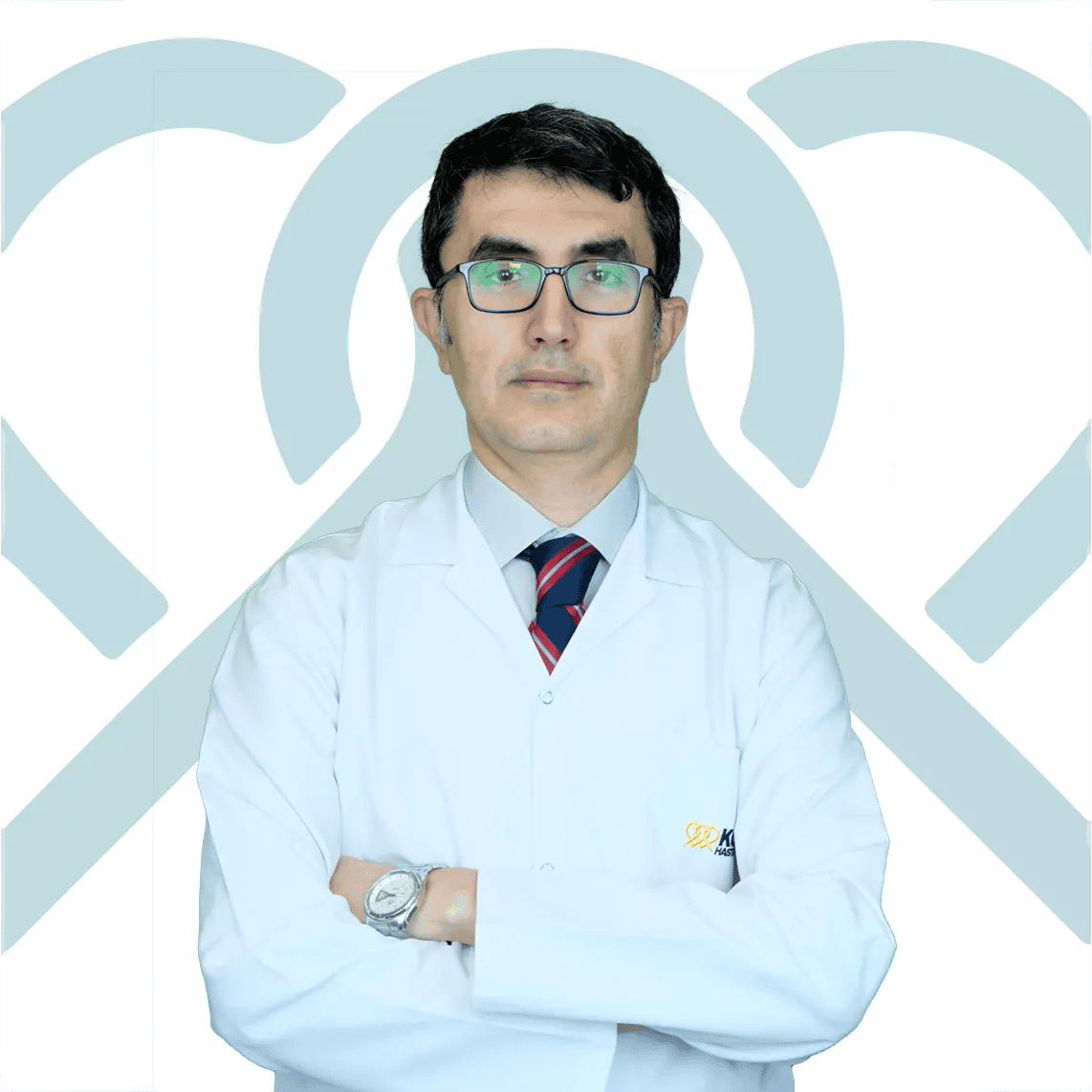
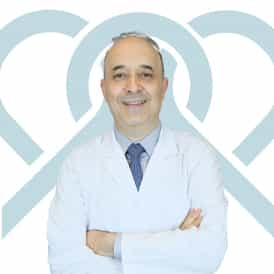

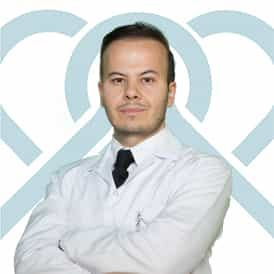
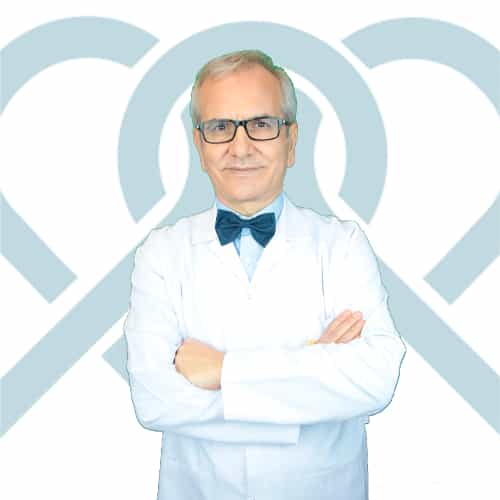
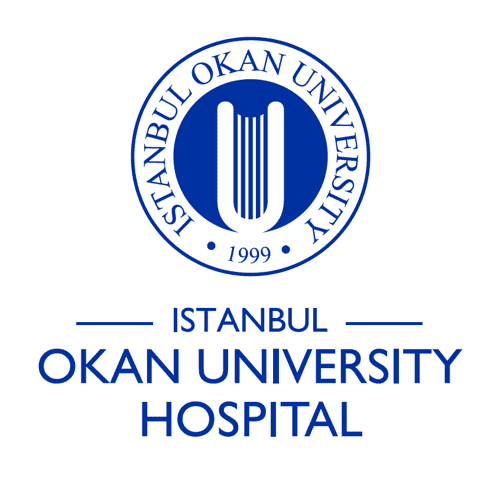
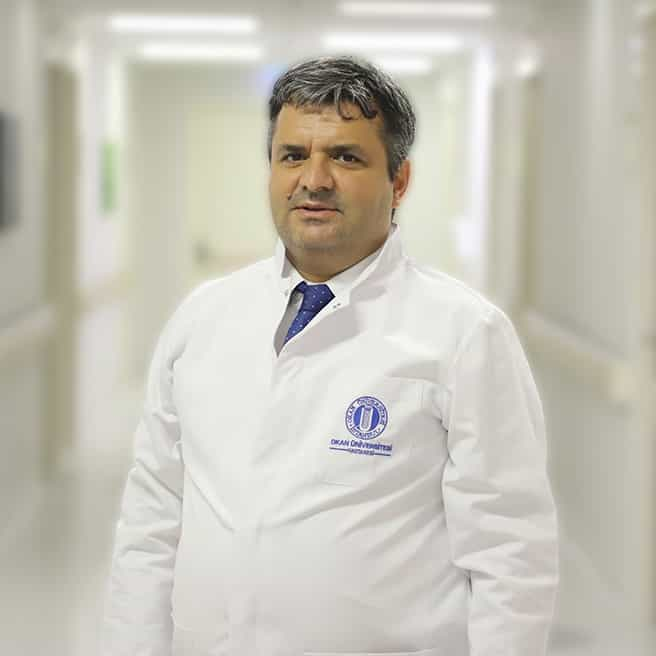

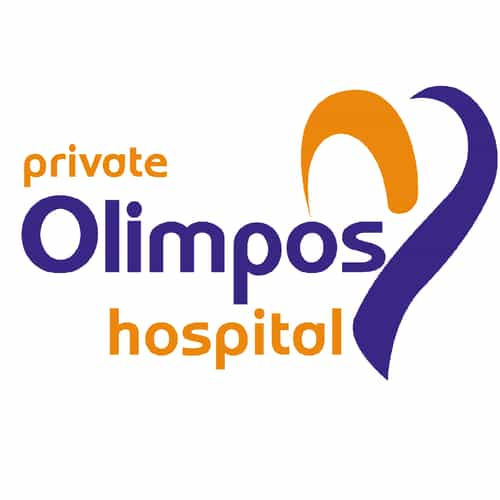

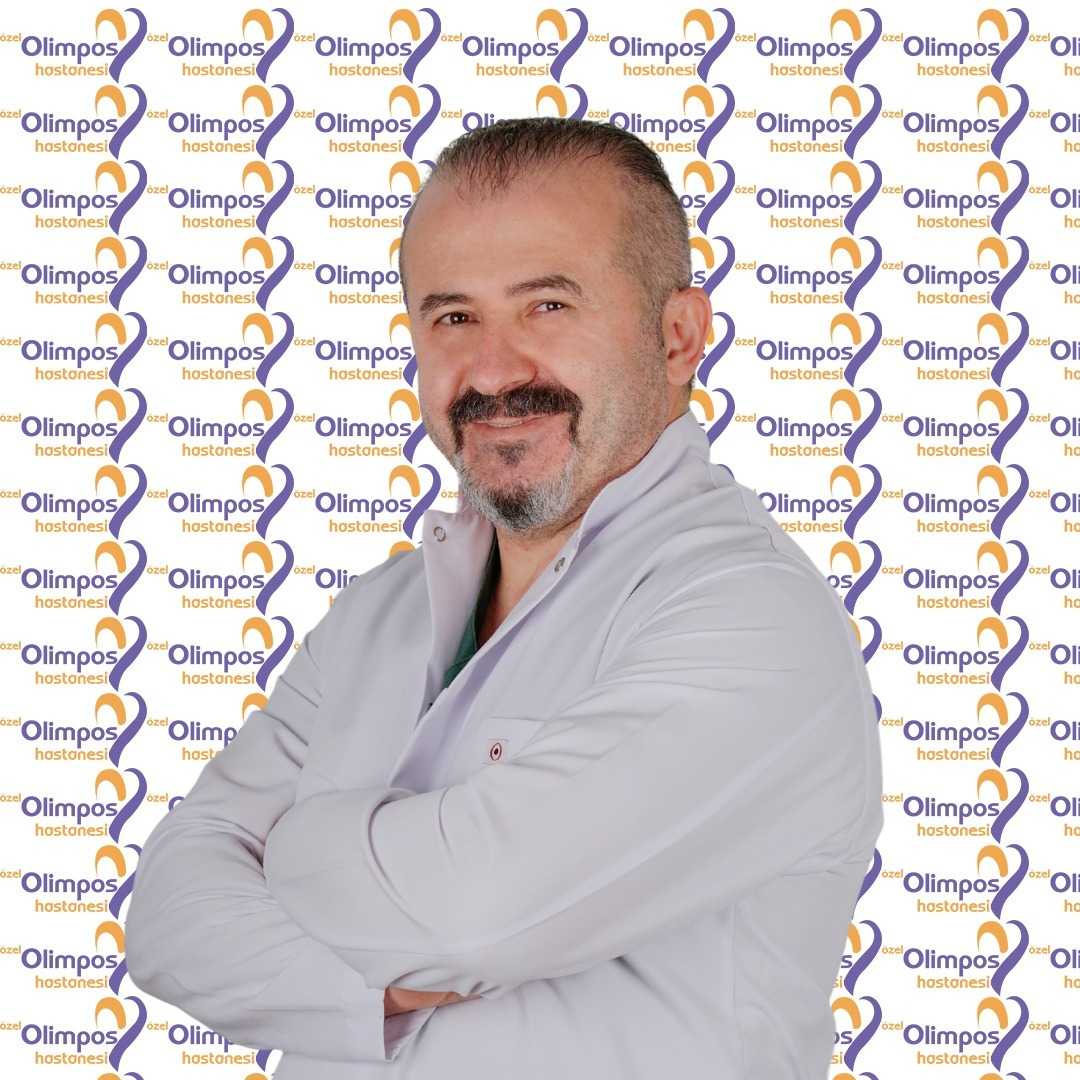
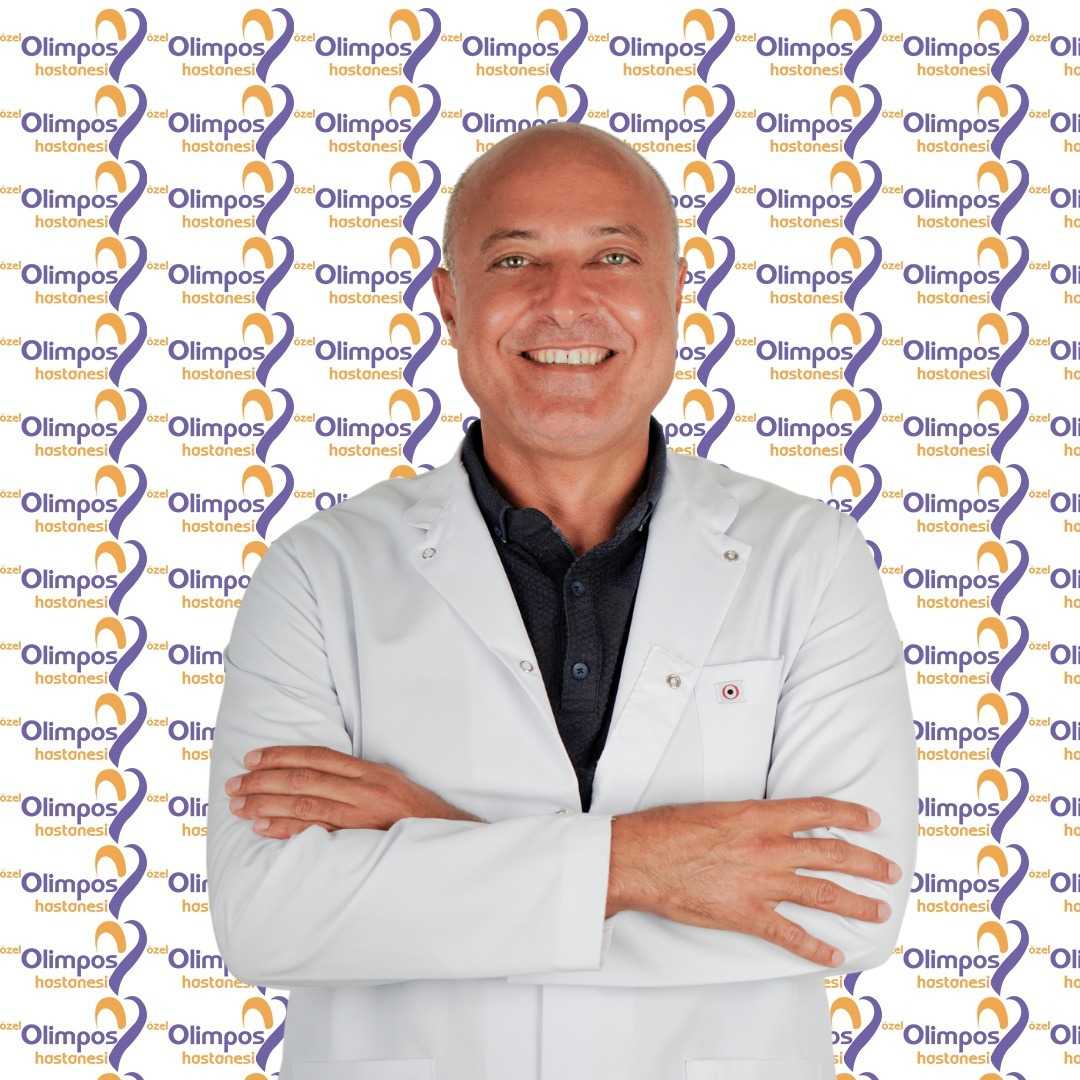
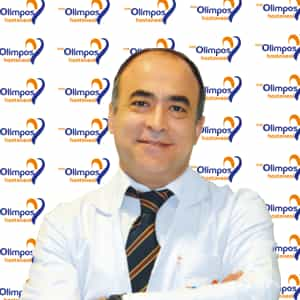
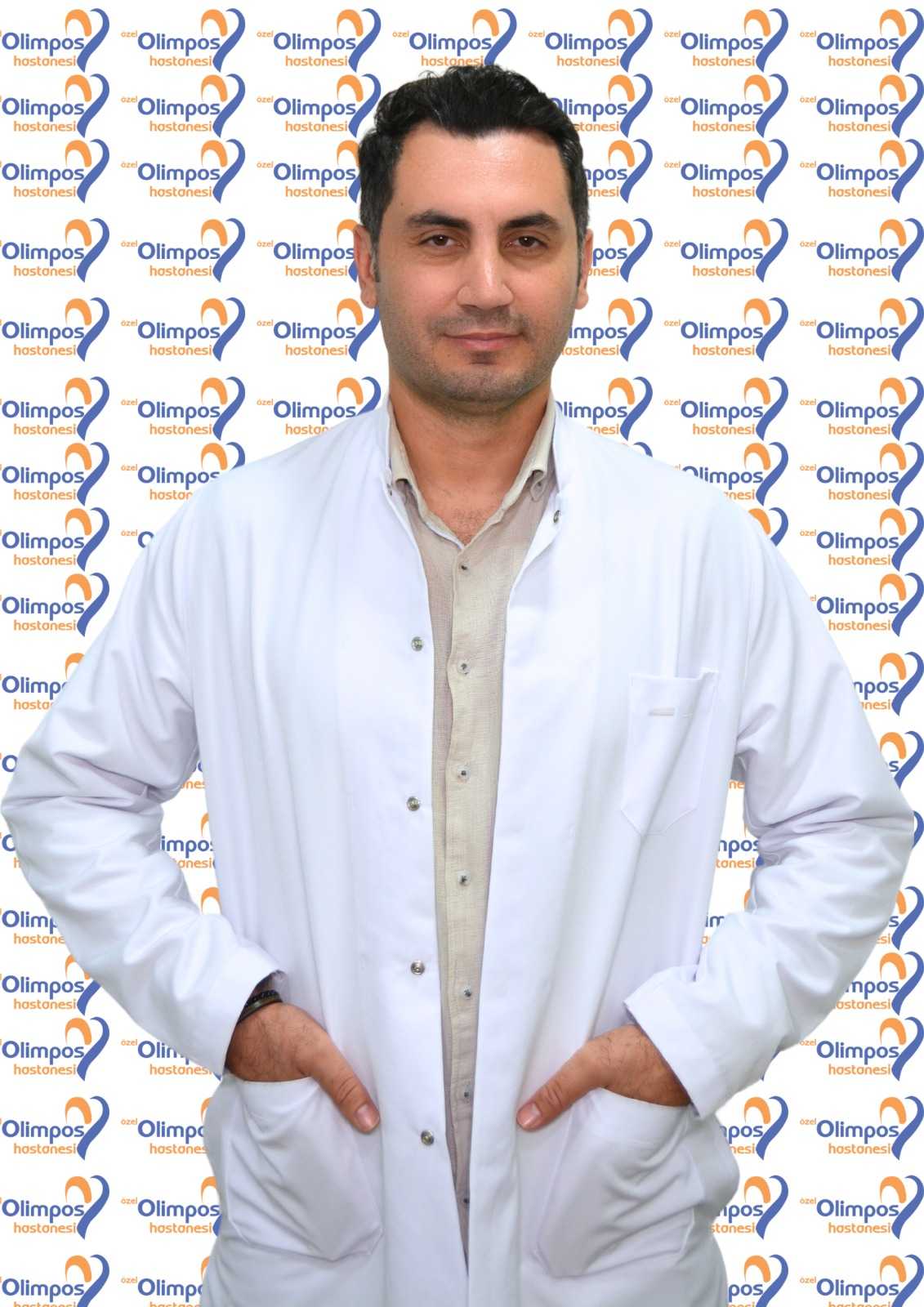

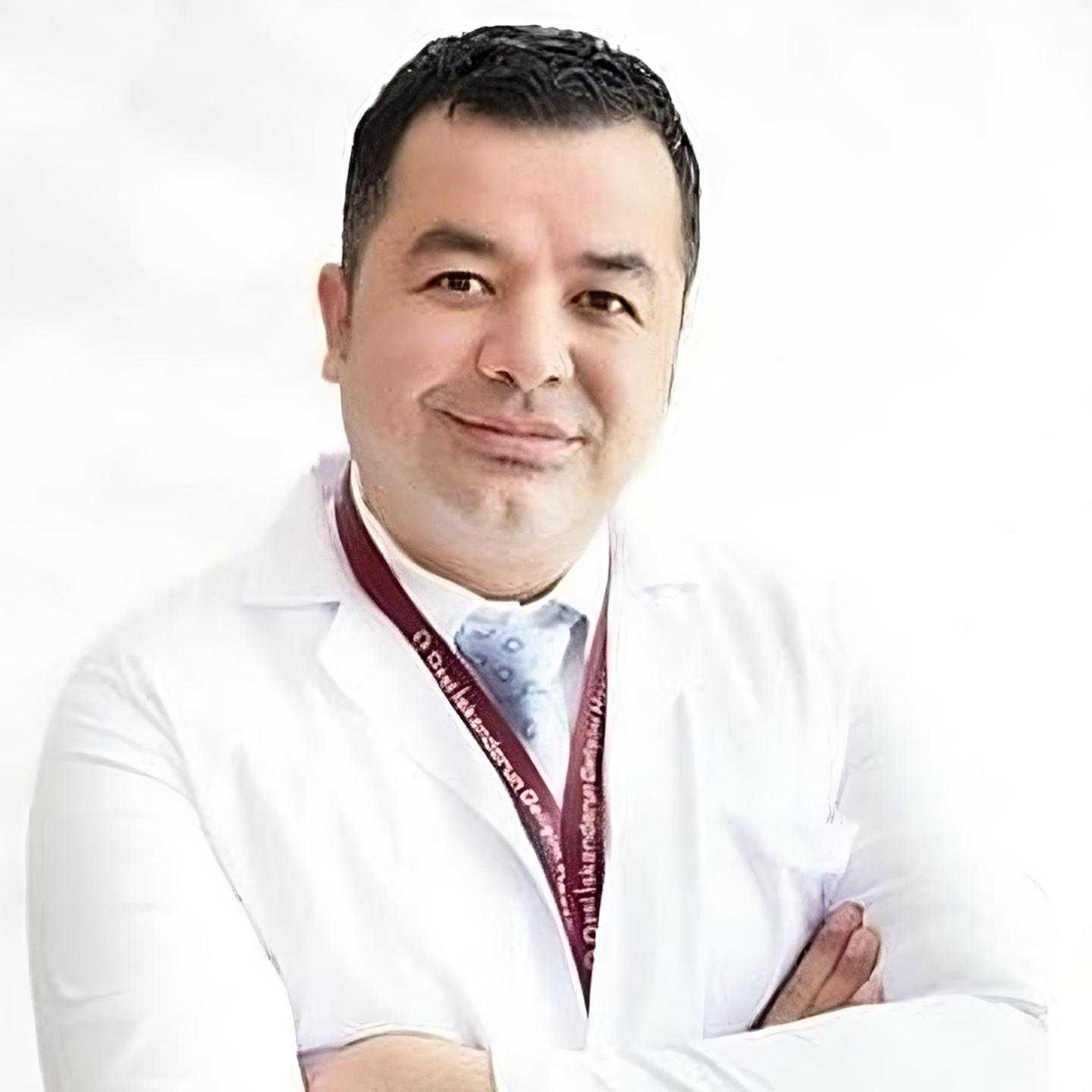
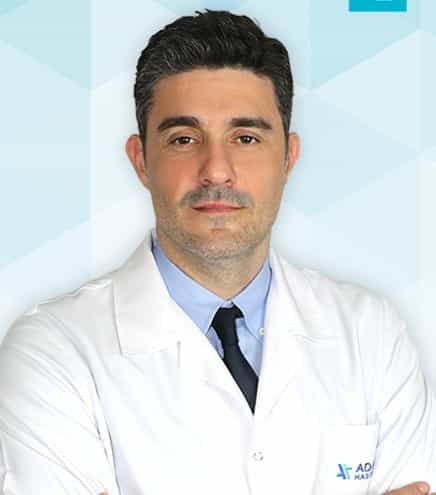
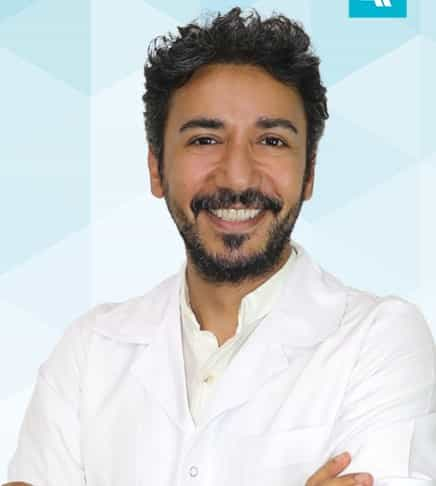
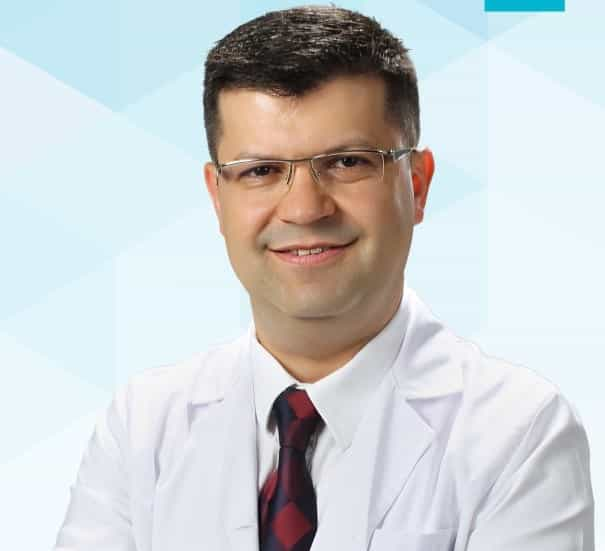
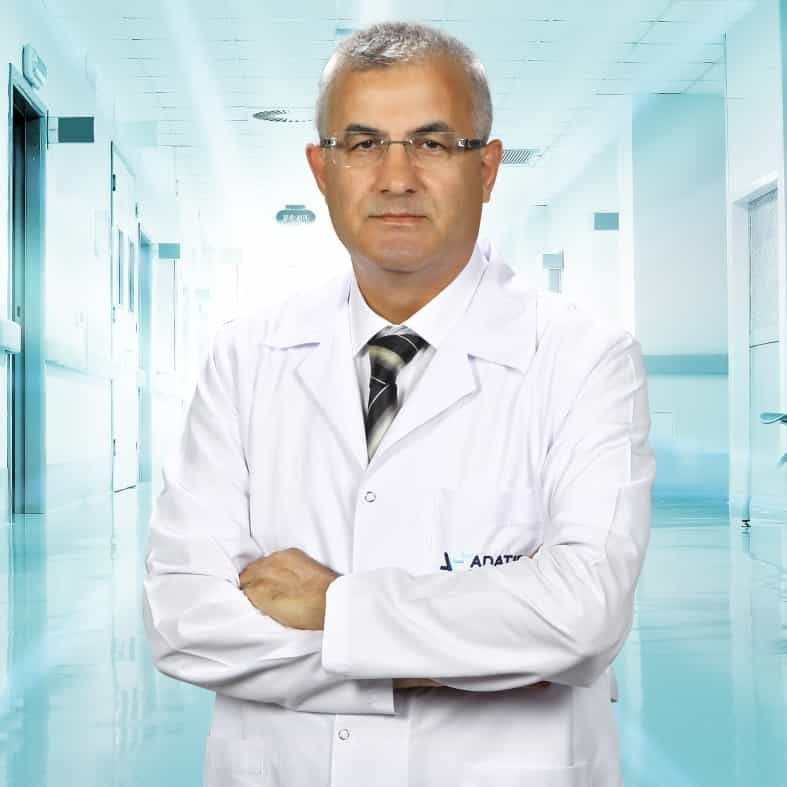
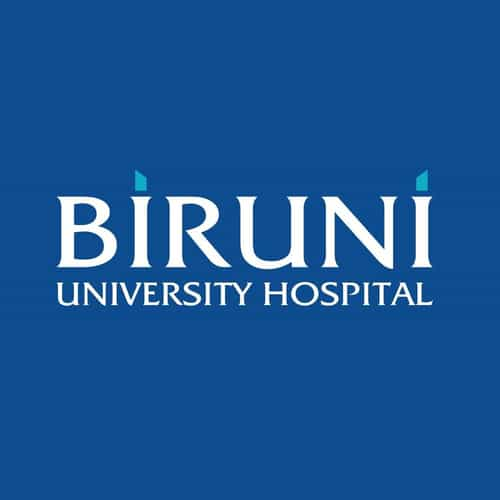
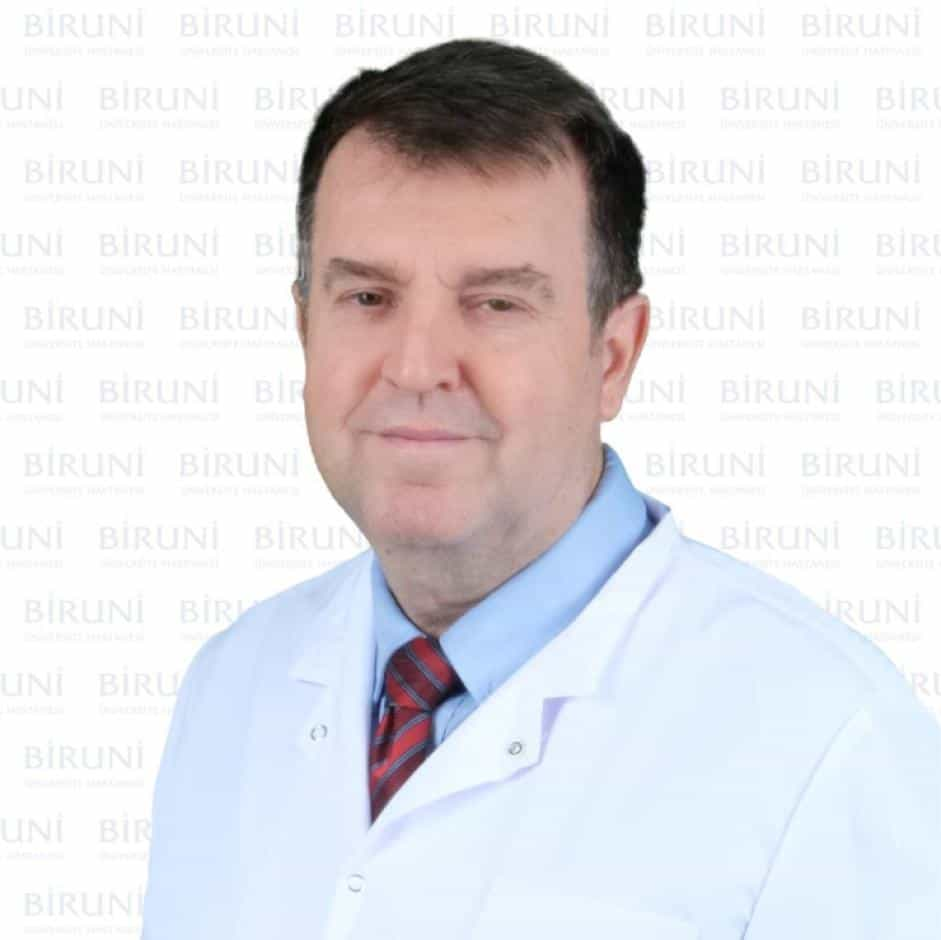

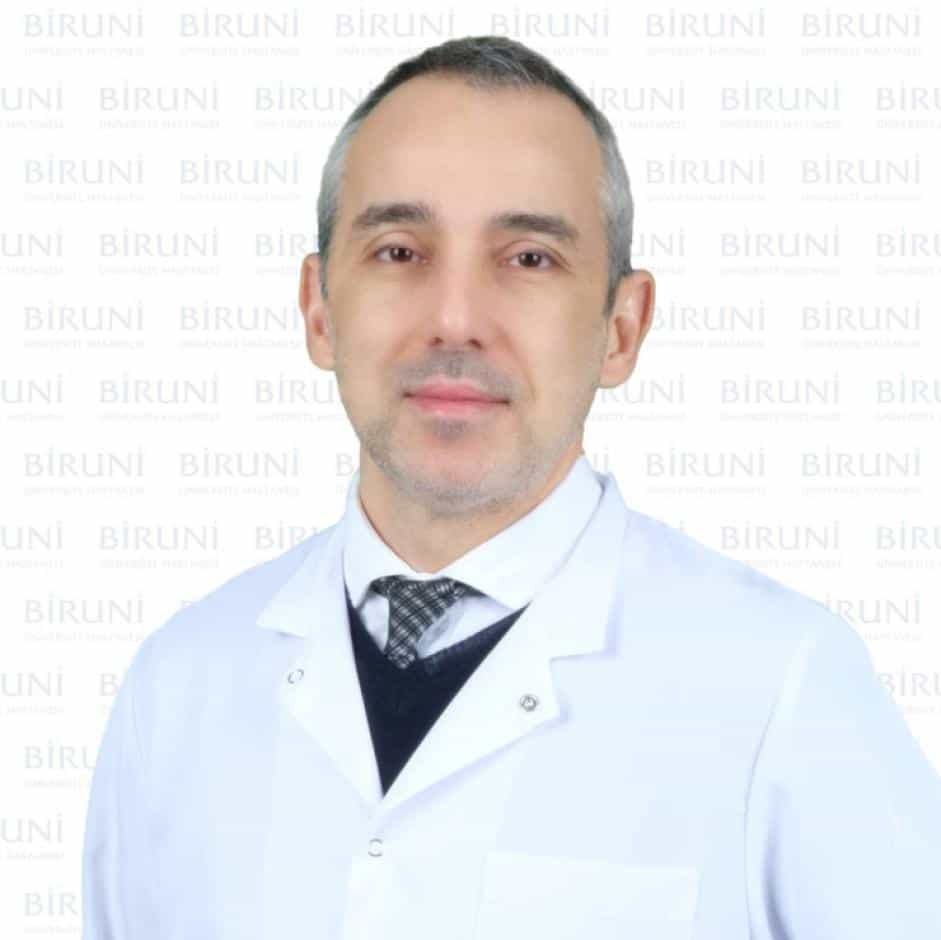
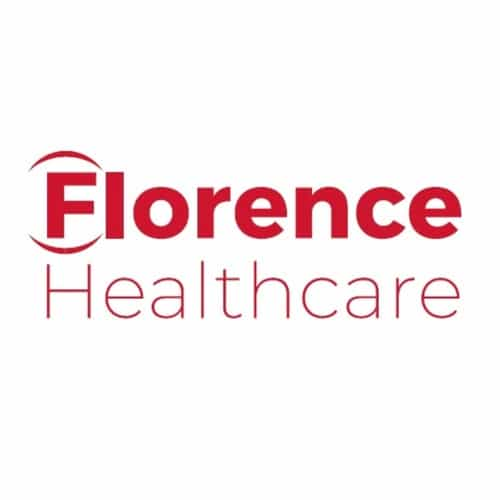
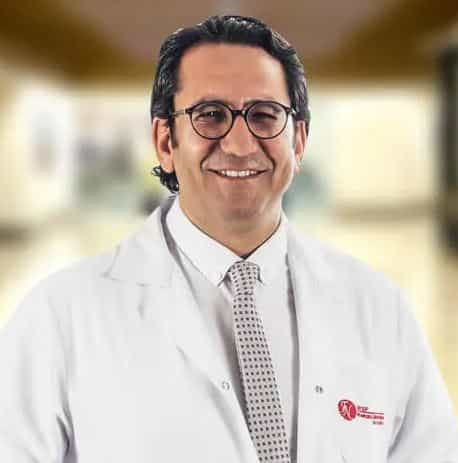

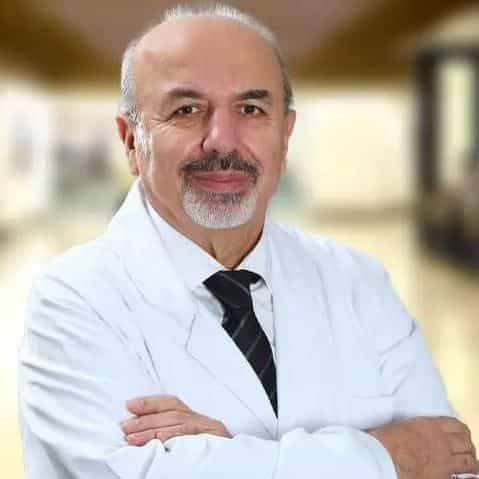
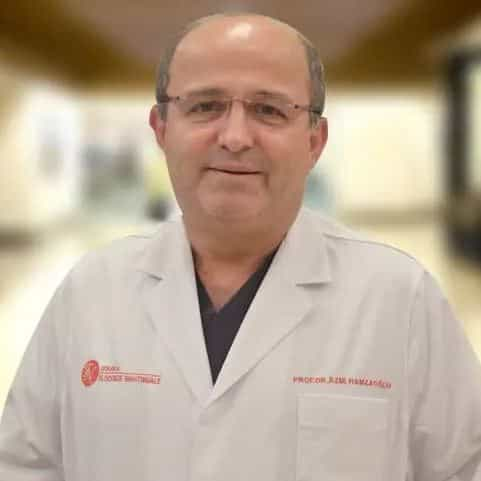
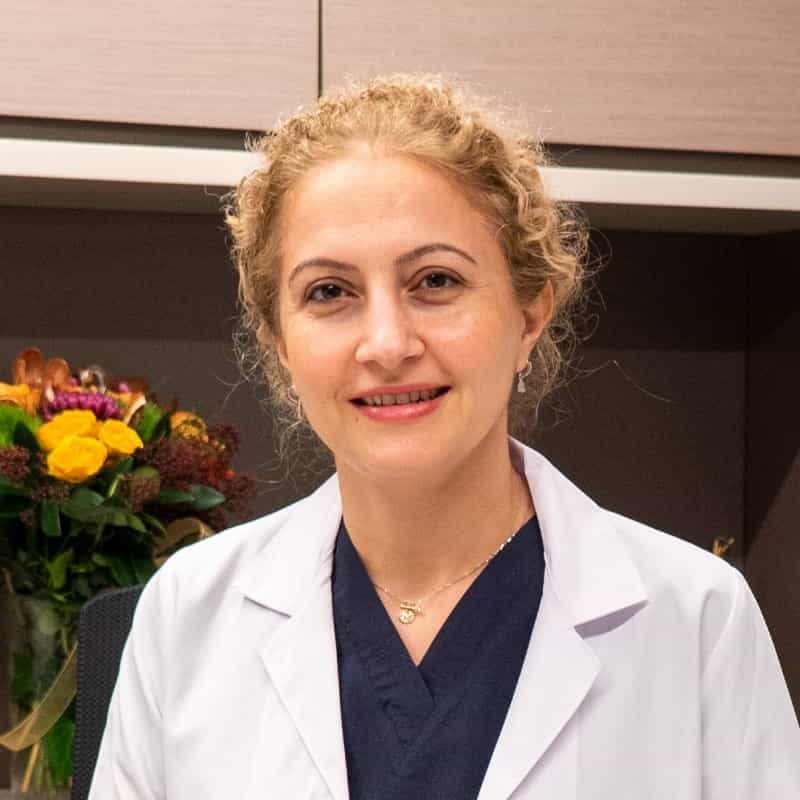

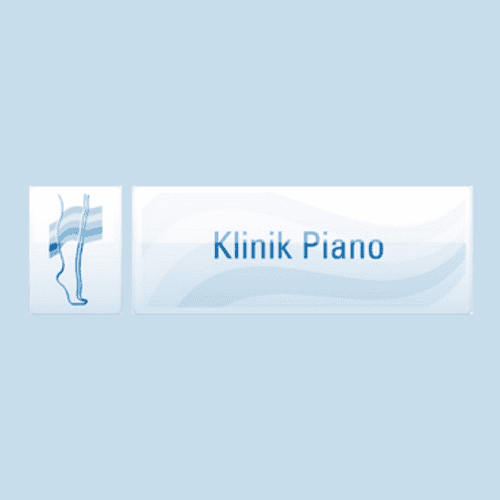
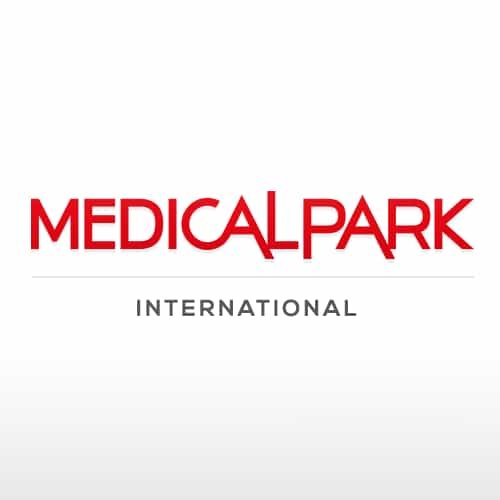


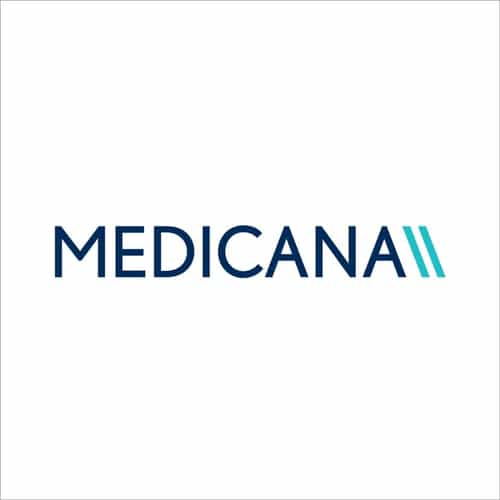

.png)


Great hospital, good cordination. I came from England to have an operation here and they had a great guy doing the hospitals English translation. He accompanied me to every analysis and my operation. The staff team on the 7th floor are to be congratulated for their work, they are good at what they do and you can tell they enjoy their line of work, it’s a pleasure to be nursed by them, thanks for such a easy transition
Mehr lesen